Top 20+ Shortest Reigning Monarchs In History
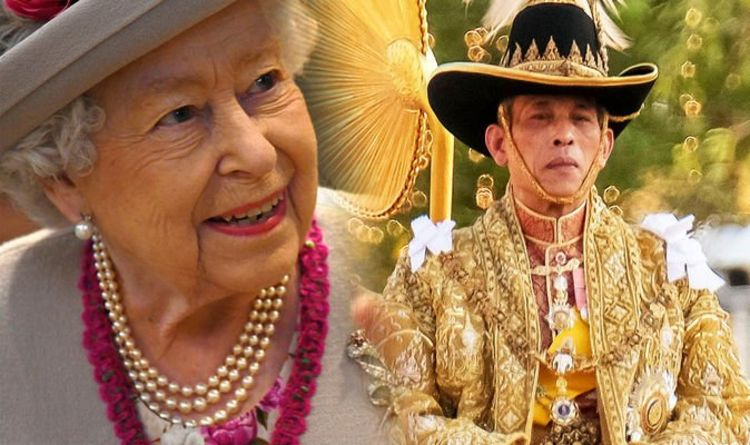 Who Are The Richest Royals In The World? Who Are The Richest Royals In The World? |
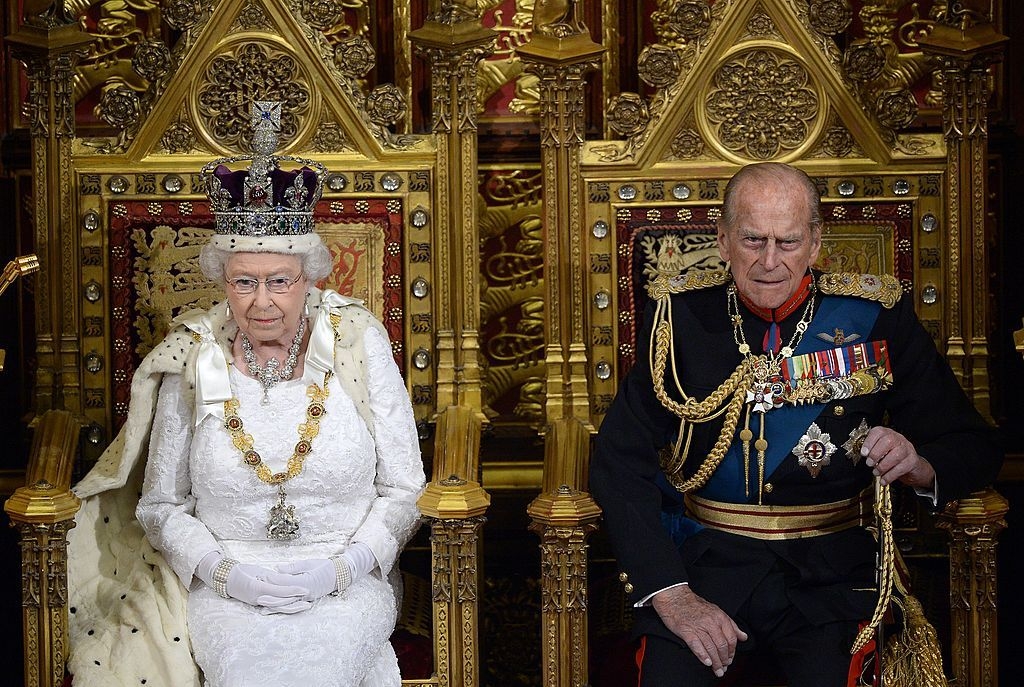 Why Isn't There A King Of England? Why Isn't There A King Of England? |
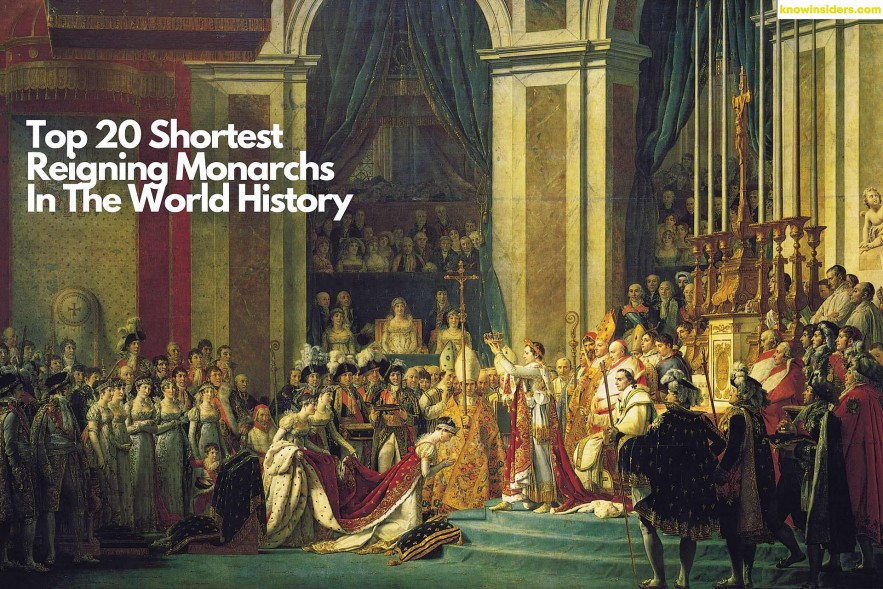 |
| Top 20 Shortest Reigning Monarchs In the World History. Photo: KnowInsiders.com |
| Contents |
Unlucky emperors, defeated queens, and thwarted rulers are common occurrences in history. Several leaders rose to prominence only to have it abruptly taken away from them, reducing them to mere historical footnotes.
The following unfortunate persons experienced some of the shortest reigns in history, whether as a result of illness, rebellion, murder, or mystery.
Join KnowInsiders.com to review the shortest reigning monarchs in the world history.
Read More: Which Monarchs Have Reigned the Longest In World History - Top 20
Which Monarchs Have Reigned the Shortest In History - Top 20 Plus?
1. King Louis XIX - Reigning Time: 20 minutes
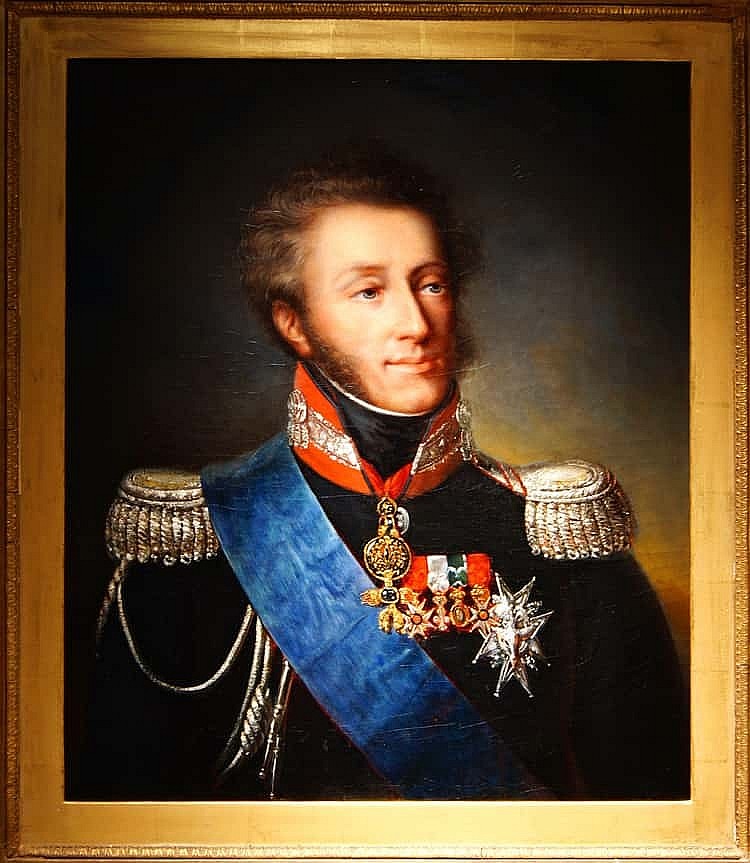 |
In July 1830, Louis-Antoine of France, the final "Dauphin," or heir apparent, succeeded his father Charles X, who had abdicated, to become King Louis XIX of France.
However, Louis-Antoine also resigned within the next 20 minutes, making him the joint-shortest reigning monarch in history. He shares the honor with the unlucky Crown Prince Luis Filipe of Portugal, who in theory ruled Portugal for the same brief period when Dom Carlos I was assassinated on February 1, 1908. Although being severely wounded during the assault, Lus Filipe managed to outlive his father by 20 minutes.
READ MORE: 5 Most Richest Royal Kids in British Monarchy
2. Tsar Michael II - Reigning time: Less Than A Day
Nicholas II was compelled to renounce his claim to the Russian throne on March 15, 1917. He abdicated in favor of his younger brother, Grand Duke Michael Alexandrovich, thus technically he wasn't the last member of the Romanov family, which had ruled Russia for more than three centuries.
Michael made it abundantly obvious that he wasn't particularly interested in holding a position of authority during the Russian Revolution. The day after his brother resigned, Michael released the following statement:
My brother's testament, which bequeathed the Russian imperial crown to me amid unprecedented conflict and popular upheaval, had placed a great burden on my shoulders. I have firmly resolved that I would only accept power if that is the wish of our great people, who must via universal suffrage elect their representatives to the Constituent Assembly. I share with the people the belief that the benefit of the country should come before all else.
READ MORE: Who Are The Richest Royals In The World?
3. Mikhail Alexandrovich Romanov - 1 Day
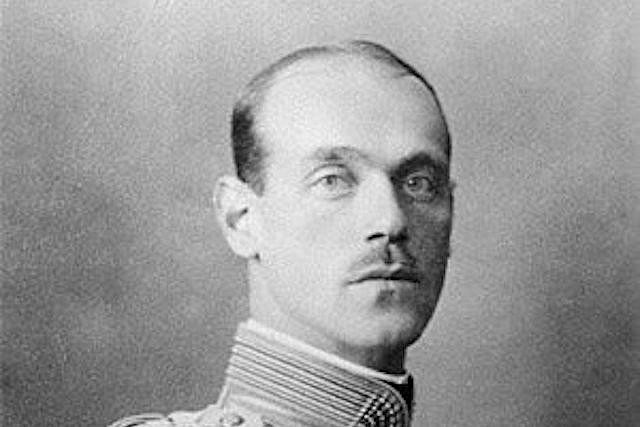 |
| Mikhail Alexandrovich Romanov |
Reigning time:
When the Russian Revolution entered its final stages, on March 2, 1917, Tsar Nicholas II abdicated in favor of his brother Mikhail Alexandrovich. He was supposed to give it to his son Alexei, so his decision was unexpected—even if it was ultimately fruitless. Although it was evident that the state would honor the abdicating tsar's wishes, the events of the revolution had made things a little more problematic because the majority of the rebelling factions were opposed to the continuation of the monarchy in any capacity.
Mikhail served as the new tsar for just a day before he formally abdicated on March 3. He would be the first of 18 Romanovs to be executed by the Bolsheviks in June 1918, therefore it wouldn't really matter in the larger scheme of things.
4. Modi - 1 Day
The Jin Dynasty, which ruled over a sizable portion of northern China in the 12th and 13th centuries and was headed by the Jurchen people, an ethnic Manchurian group, was a short-lived imperial house in China. China experienced a period of virtually continual warfare as the powerful Song dynasty ruling in the south posed a threat to the Jin empire on several fronts.
A united force of Mongol and Song troops under the command of Genghis Khan's son Ogedei assaulted them in 1232. Emperor Aizong made an effort to stop the invasion, but his meager force was ineffective. When Kaifeng's capital was invaded and sacked in 1233, Aizong and his remaining men were forced to flee to Caizhou.
5. Victoria Kamamalu - 1 Day
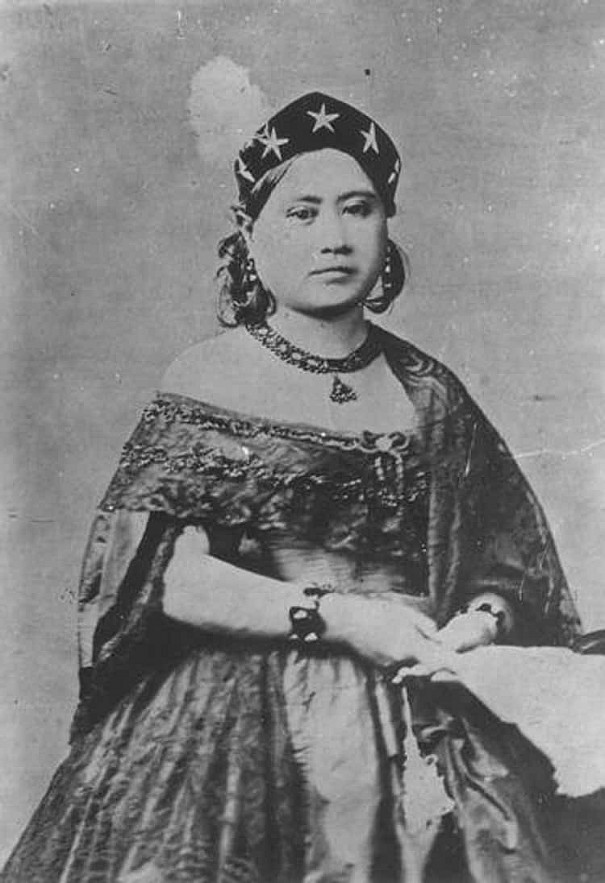 |
By her mother's side, Victoria Kamamalu was the granddaughter of Kamehameha I, the founder and first king of the Kingdom of Hawaii. Victoria was placed below a long list of family members, including brothers, cousins, and uncles, in the order of succession. In accordance with the Hawaiian constitution, she was chosen to lead the King's privy council and serve as Queen regent in 1855.
On November 30, 1863, Victoria would unintentionally assume the throne after her brother King Kamehameha IV passed away suddenly and without leaving a direct heir. She was one of history's shortest-lived monarchs when, in her capacity as Kuhina Nui and president of the royal council, she anointed her brother Lot Kamehameha as the next king after only one day in power.
6. Dipendra - 3 Days
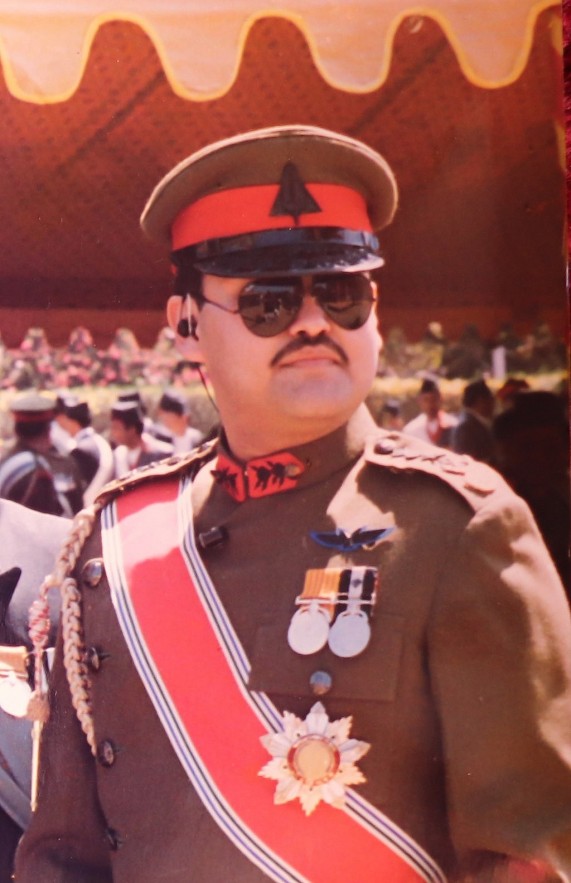 |
| Dipendra |
Via his father, King Birendra, Dipendra, who was born in 1971, was the legitimate heir to the throne of Nepal. He became the focal point of one of the most dramatic royal disputes in history on June 1, 2001, when he stormed the palace with an automatic weapon and murdered ten members of his family before killing himself. Before passing away on June 4, he lay in a coma for three days.
Nobody is certain of the actual motivations for the slaughter, but a family conflict relating to his marriage may have been a factor. He became king of Nepal for roughly three days in an odd turn of events when the state's privy council tried to accede him to the throne while he was in the hospital.
7.Sayyid Khalid Bin Barghash Al-Busa’id – 3 Days
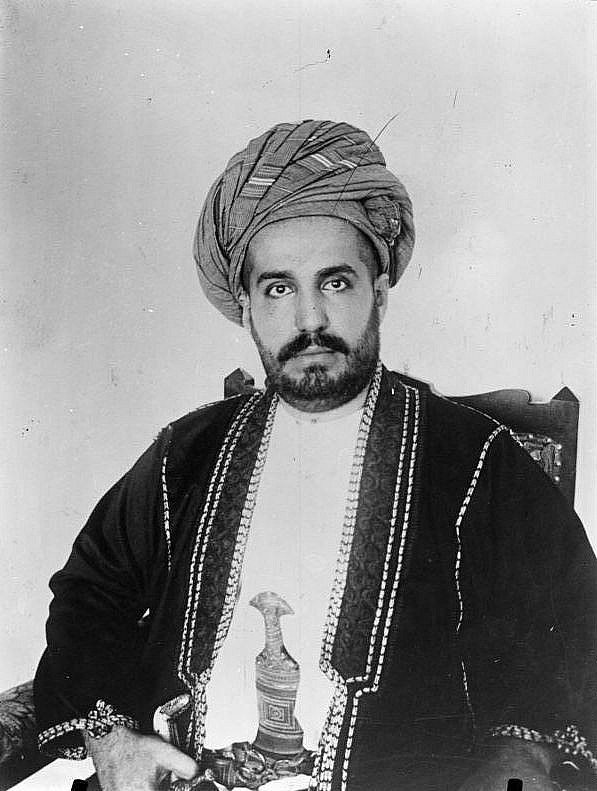 |
| Sayyid Khalid Bin Barghash Al-Busa’id |
In the first half of the nineteenth century, Zanzibar was ruled by Seyyid Said bin Sultan, grandson of Sayyid Khalid Bin Barghash Al-Busaid. Zanzibar had been a protectorate of the British Empire since August 1896, when Khalid ascended to the throne.
He was only twenty years old, but the people adored him and voted for him anyway, even though the British went with his pro-British cousin Hamed bin Thuwein. However, his reign would be short-lived due to his untimely demise on August 25. Khalid saw his chance and became Sultan on August 25.
8. King Henri V Of France - 7 Days
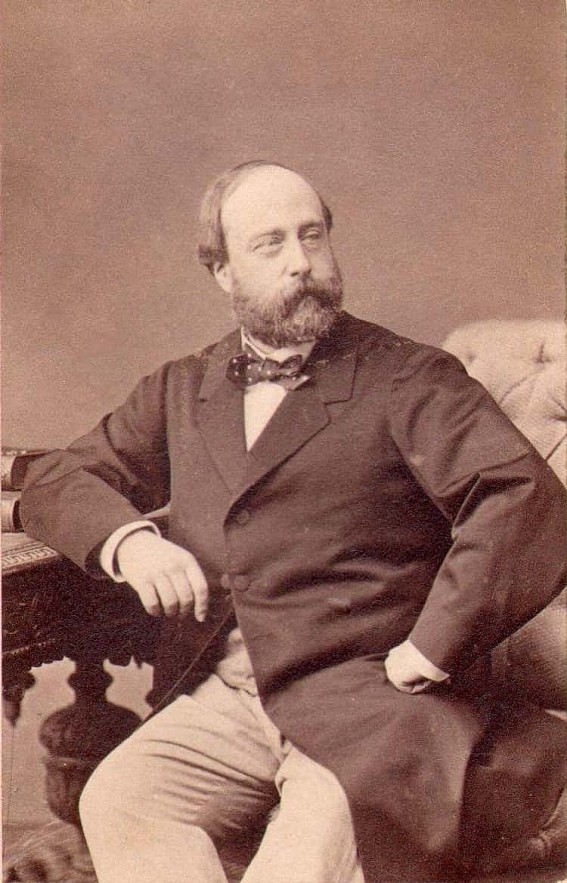 |
France was engulfed in turmoil once more in 1830. Within 20 minutes of one another, both the incumbent monarch, King Charles X, and his heir, Louis, abdicated. So, Henri V, their 10-year-old relative who is Charles's grandson and Louis's nephew, was born. But from August 2 until August 9, his cousin Louis Philippe was recognized as king. Henri took off on an exile.
Henri V's legitimacy as the King of France is still up for debate. His supporters thought he was the only legitimate Bourbon king, despite the fact that he was essentially a pretender to the French throne.
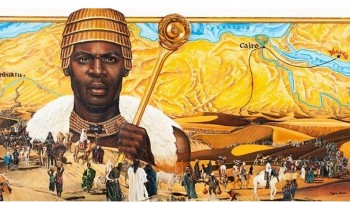 Who is Mansa Musa - Richest Person in the World of All Time Who is Mansa Musa - Richest Person in the World of All Time |
9. King Sigeric - 7 Days
Throughout the last centuries of the Roman Empire, the Visigoths became a threat. Once Athaulf, the previous king, was slain, Sigeric succeeded him as ruler of the Visigoths. Sigeric wasted no time in ensuring that the family of his predecessor received a similar execution.
Sigeric suffered the same fate he did for Athaulf's children, and he died after barely a week in power.
10. Lady Jane Grey - 9 Days
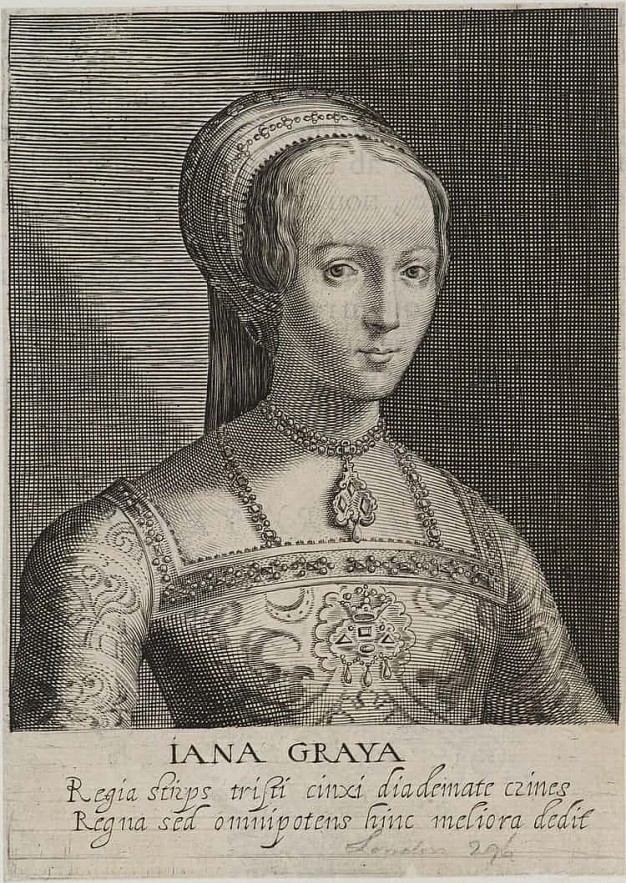 |
More than six decades had passed since Henry VII's military victory and the establishment of the Tudor dynasty at the end of the Wars of the Roses marked the beginning of Lady Jane Grey's rule in England. She was only the first cousin of King Edward VI, who died in 1553, thus she didn't have the strongest claim to the throne, but she was a Protestant. Edward VI had a significant role in moving England toward Protestantism at a time when the Reformation was still going strong across Europe.
On July 10, 1553, Lady Jane Grey was crowned, but tragically, her reign would come to an abrupt end in tragedy. Mary, Edward VI's sister, who had a stronger claim to the throne, ascended to the throne on July 19, nine days after her coronation. She was a devout Catholic who sided with other Catholic groups in Europe, and because of this, her rule is still remembered for the widespread persecution of Protestants in England. About Lady Jane Grey, she was beheaded in February 1554 after being charged with treason against the king in November.
11. Pope Urban VII - 13 Days
Only 13 days had passed since Pope Urban VII's election, making his pontificate the shortest in history. Cardinal Castagna was chosen by the conclave to become Pope Urban VII after the death of Sixtus V in 1590.
People had high expectations for Urban as pope because of his stellar reputation as a man of piety, wisdom, and kindness. In fact, he had a list of all the impoverished people in Rome produced in his first few days so he could help them. He also donated extra money to cardinals with low incomes and instructed Rome's bakers to make larger loaves and sell them for less money, absorbing any losses out of his own pocket.
Urban VII, however, was very ill not long after taking office and even before his papal consecration. He passed away after just 13 (very successful) days.
12. Eleanor Of Navarre
Reigning time: A Few Weeks
The youngest daughter of the Navarrese royal dynasty was Eleanor (sometimes spelled "Leonor"). She eventually succeeded to the throne of Navarre by an unlikely chain of events.
Eleanor would be the successor to the Kingdom of Navarre, her father John II said before announcing the heirs to her older siblings. Eleanor did really become queen after his death in 1479, but her rule was brief. Only a few weeks later, she died.
13. Emperor Napoleon II
Reigning time: 16 Days
Napoleon Bonaparte began a bold military and political return less than a year after being banished to the Isle of Elba. Despite his attempts to establish an imperial dynasty were thwarted at the Battle of Waterloo in 1815, they briefly persisted. He abdicated in favor of his infant son, Napoleon, following his loss.
Nevertheless, not before the youthful Bonaparte held the unofficial title of "Emperor Napoleon II" from June 22 and July 7, 1815, and the allied coalition of victorious nations rejected his reign.
At the age of 21, the younger Napoleon passed away from illness.
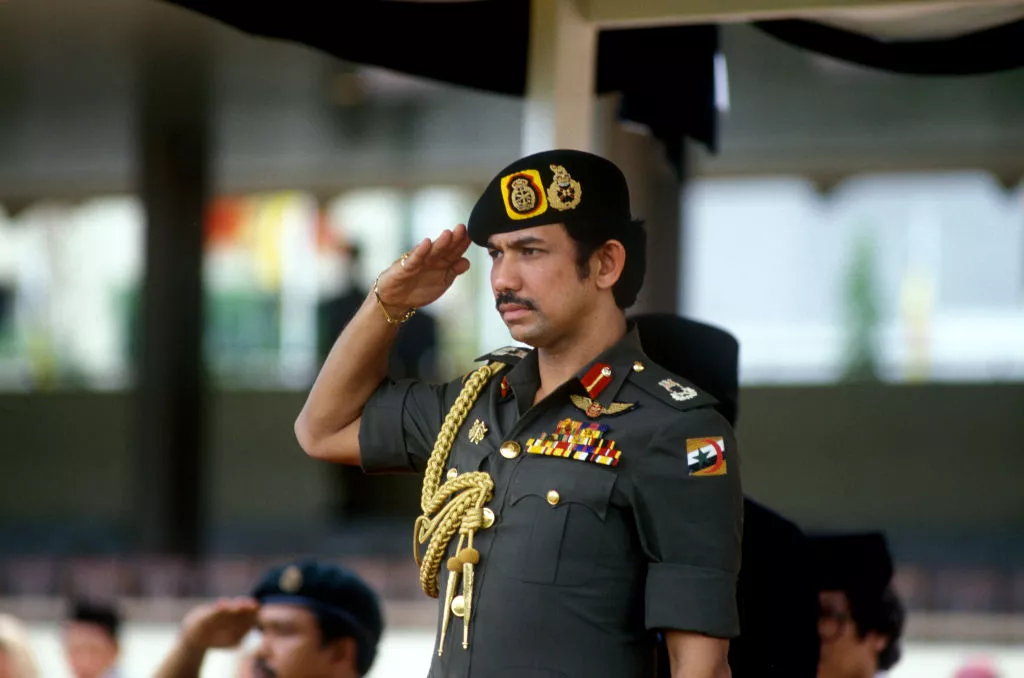 How Many Royal Families Are There in the World How Many Royal Families Are There in the World |
14. Gordian I And II
Reigning time: 22 Days
In the year 238 AD, Maximinus Thrax, a loathed king whose military expeditions and stringent taxing policies were opposed by practically everyone in the empire, was in charge of the Roman Empire. Early in April, the northern African province known as Africa Proconsularis erupted in revolt, choosing Gordian I, the territory's 80-year-old governor, and Gordian II, his son, as the new co-emperors of Rome.
Early in April, the Roman Senate formally approved the accession; nevertheless, Gordian II was eventually slain by a fellow Roman governor who was associated with Maximus. The 22-day joint reign came to an end on May 12 when Gordian II killed himself after learning of his son's passing.
15. King Umberto II
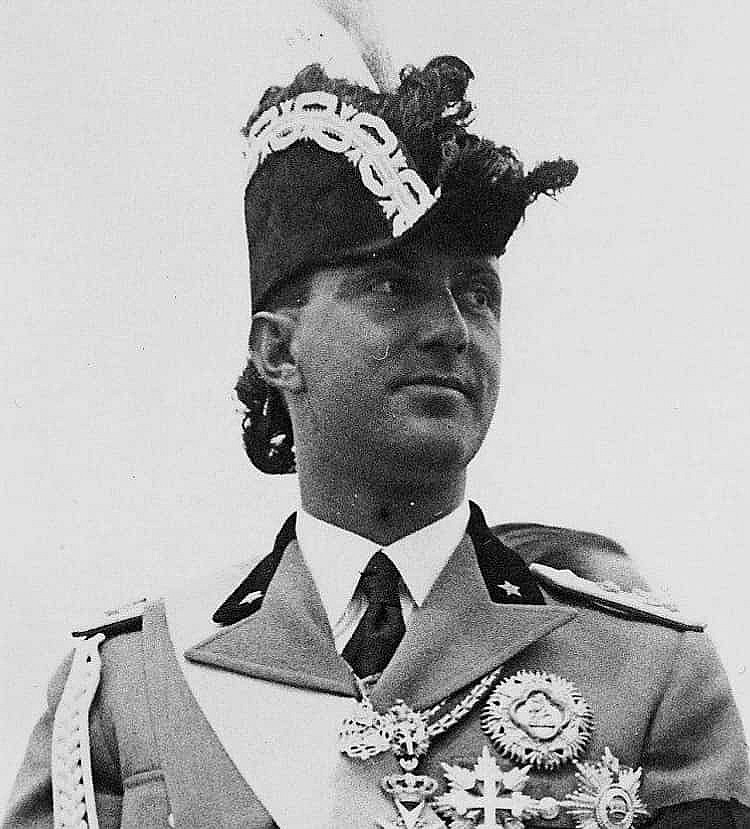 |
Reigning time: About A Month
After his father Victor Emmanuel III abdicated on May 9, 1946, Umberto II succeeded him as the monarch of Italy. But, Umberto's rule was short-lived. His reign came to an end formally a few days after Italy decided to abolish the monarchy on June 2.
Umberto and his family were prohibited from visiting Italy ever again by the terms of the act. Umberto spent his last couple decades of life in exile in Portugal as a result.
Gordian I And II – 22 Days
In the year 238 AD, Maximinus Thrax, a despised monarch whose military campaigns and strict taxation policies were opposed by almost everyone in the empire, was in charge of the Roman Empire. Early in April, the northern African province known as Africa Proconsularis erupted in revolt, choosing Gordian I, the province's 80-year-old governor, and Gordian II, his son, as the new co-emperors of Rome. Early in April, the Roman Senate formally approved the accession; however, Gordian II was eventually killed by a fellow Roman governor who was allied with Maximus. The 22-day joint reign came to an end on May 12 when Gordian II killed himself after learning of his son's passing. |
16. William Henry Harrison
Reigning time: 1 month
In 1841, William Henry Harrison passed away after serving for just one month. Prior to Ronald Reagan taking office at age 69 in 1981, the 68-year-old was the ninth president of the United States and the oldest person to hold the post. Harrison persisted on giving the longest inauguration speech ever in subzero temperatures while recklessly eschewing a cap or coat. According to historical accounts, he developed pneumonia and died a month later.
Although the president's diagnosis of pneumonia has long been acknowledged, more recent research has linked the president's enteric fever to the sewage-contaminated water in the White House.
17. Tsar Feodor II
Reigning time: 58 Days
In what is regarded as the "Time of Troubles," Feodor II, a 16-year-old, had the unfortunate circumstance of becoming Tsar of Russia on April 23, 1605.
Not all of his subjects remained loyal to the intelligent and able young ruler. Feodor was removed on June 20. The imposter who represented himself as Ivan the Terrible's heir then succeeded to the throne.
 Who Are The Richest Royals In The World? Who Are The Richest Royals In The World? |
18. King Philip I
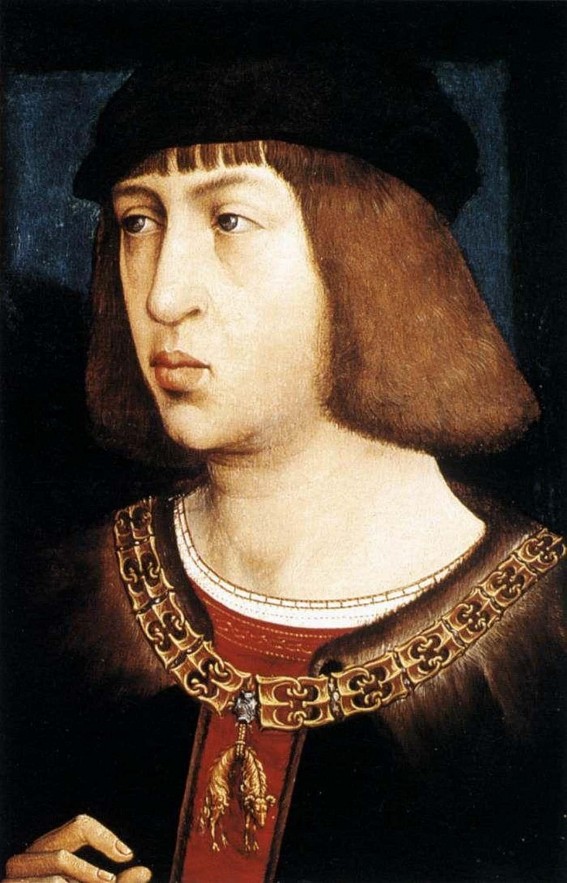 |
Reigning time: 75 Days
When Philip the Fair wed Princess Joanna of Castile in 1496, he was the Habsburg Duke of Burgundy. Joanna succeeded to the Castilian throne after her mother's death as Isabella of Castile and Ferdinand of Aragon's daughter.
Along with his father-in-law, Philip plotted to have Joanna declared mad so that he might take the kingdom. Philip assumed his official throne as King of Castile on July 12, 1506, and ruled until his death on September 25, 75 days later.
Joanna lived until 1555, nearly half a century longer than her husband.
19. Yuan Shikai
Reigning time: 83 Days
Before the Chinese Qing Dynasty was overthrown in 1911 by the well-liked Xinhai Revolution, Yuan Shikai came to power in the latter years of the Chinese Qing Dynasty. In exchange for the abdication of the final Qing emperor, a five-year-old boy named Pu Yi, he had negotiated the position of president with the revolutionaries by 1912. It's a lengthy tale.
Shikai wanted to enact reforms as president that would have given him broad authority in the new republic because his control over the government had been significantly undermined by the new parliamentary system. He proclaimed himself the new emperor of China in November 1915 and even established his own new dynasty, the Hongxian.
20. King Charles II Of Hungary
Reigning time: Less Than Two Months
Charles, who was born in 1345, ruled Naples from 1381 to 1385. Charles had ties to Hungary despite becoming a Neapolitan royal because he had attended King Louis I of Hungary's royal court while a student.
Charles ascended to the throne of Hungary after Louis' death in 1382. By the end of 1385, he had taken Maria, Louis's daughterplace ,'s as Hungarian emperor. December 31 saw the coronation of Charles.
His reign, however, was short. Maria's mother, Elizabeth, planned Charles's murder on February 17, 1386, which allowed Maria to succeed her as queen of Hungary.
21. Berengaria of Castile
Reigning time: 2 months 25 days
After her brother Henry was murdered in a freak accident in 1217 when a roof tile flew off and struck him in the head, Berengaria of Castile was crowned queen of Castile (in contemporary Spain).
Eleanor of Aquitaine, a formidable figure known for ruling both France and England during her lifetime, was the grandmother of Berengaria, who possessed her grandmother's intelligence.
She chose to abdicate after two months and twenty-five days in favor of her son Ferdinand, who was next in line to rule León.
By ultimately uniting the kingdoms of León and Castile, Berengaria made sure her son had an even greater legacy by sacrificing her own chances in favor of his.
In Conclusion
There have been many kings and rulers throughout history who have had lengthy and occasionally wealthy reigns.
They are not the focus of this list. Instead, KnowInsiders.com selected the kings and queens whose reigns were cut short well before they had the opportunity to accomplish anything of importance for their respective kingdoms.
In point of fact, other than holding the dubious distinction of being the monarchs with the shortest reigns in history, the vast majority of them would not have had a significant influence on the development of history.
 Who Was The First King And Top 10 Greatest Kings In The World of All Time Who Was The First King And Top 10 Greatest Kings In The World of All Time Who was the King of the first empire in the world’s history? Read on this article to know the answer. |
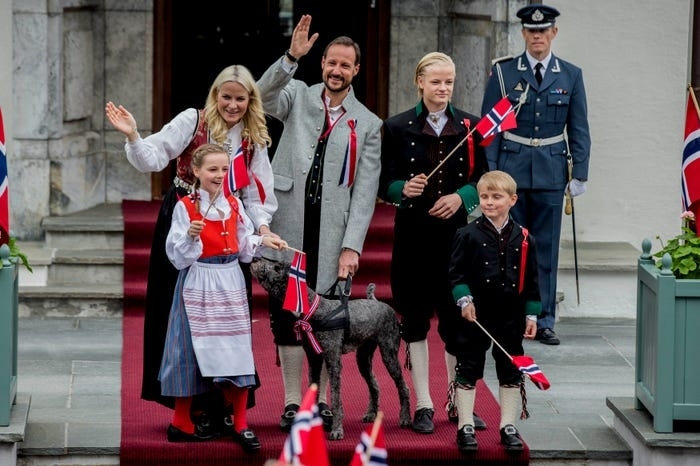 How Many Kings And Monarchies In The World Today? How Many Kings And Monarchies In The World Today? Do you know how many monarchies in the world today? Read on to find out interesting facts. |
 Who is Pushpika De Silva - Sri Lanka Beauty Queen and The Truth Behind Divorce Claims Who is Pushpika De Silva - Sri Lanka Beauty Queen and The Truth Behind Divorce Claims Pushpika De Silva - the beauty pageant winner in Sri Lanka had her crown taken from her head on stage because she was believed to ... |

























